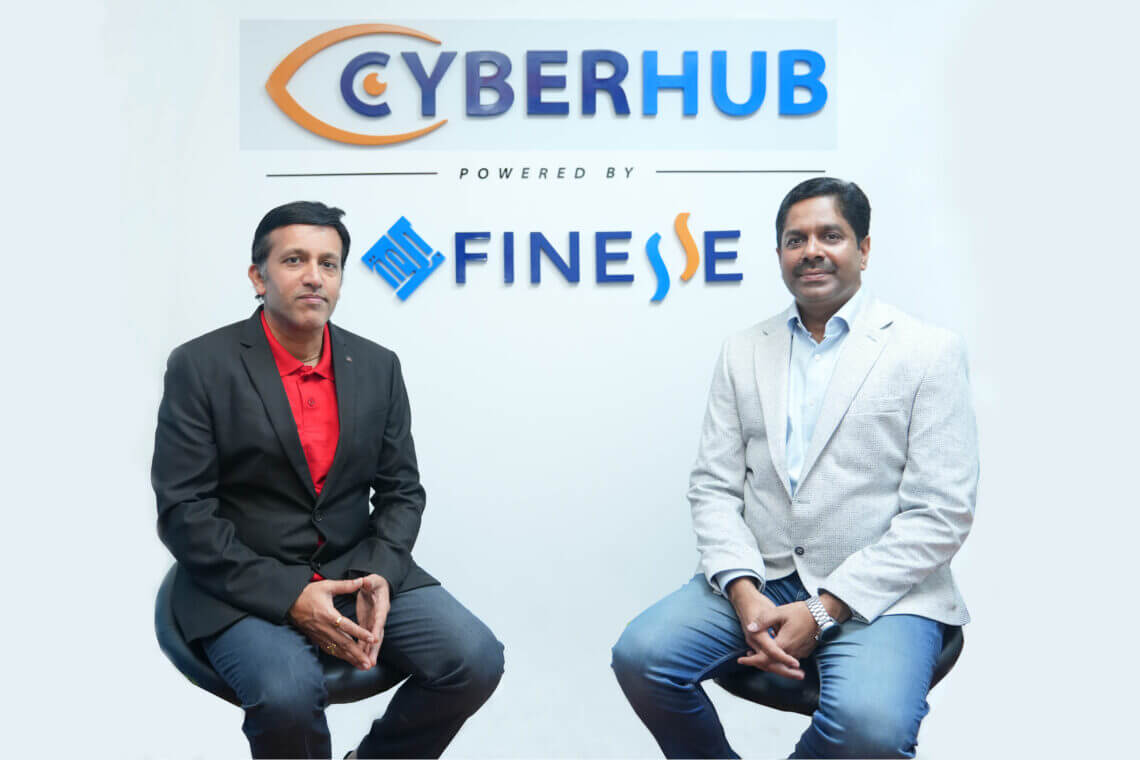
Originally developed as the accounting method for the virtual currency Bitcoin, blockchains – which use what is known as distributed ledger technology (DLT) – are appearing in a variety of commercial applications today. Currently, the technology is primarily used to verify transactions within digital currencies though it is possible to digitize, code and insert practically any document into the Blockchain. Doing so creates a non-editable record that cannot be changed; furthermore, the record’s authenticity can be verified by the entire community using the blockchain instead of a single centralized authority.
Given the incredible opportunity for decentralization, Blockchain technology offers the ability to create businesses and operations that are both flexible and secure. Whether companies will succeed in deploying Blockchain technology to create products and services consumers will trust and adopt remains to be seen
The potential applications for blockchain technology are almost without limit. With more money being poured into blockchain-based startups, consumers should not be surprised to see DLT services and products becoming more mainstream in the near future. Finesse as a trusted system integrator has partnered with some amazing startups in the Blockchain solution space.
Finesse started the Blockchain Practice by enabling organizations with well-orchestrated Blockchain Training Programs. These training programs are designed as per the nature of the audience and the industry vertical .Finesse provides different training for business as well as IT. We also provide Blockchain engineering workshops for developers which will enable the IT and development staff in the organization to have hands on the Blockchain technology either on Ethereum or Hyperledger. Finesse is helping organization to start their paperless journey with Finesse powered smart contracts as well execute POCs for different use cases with the help of the Bankchain Consortium.
Efficiencies resulting from DLT can add up to some serious cost savings. DLT systems make it possible for businesses and banks to streamline internal operations and dramatically reduce the expense, mistakes, and delays caused by traditional methods for reconciliation of records.
The widespread adoption of DLT will bring enormous cost savings in three areas:
1. Electronic ledgers are much cheaper to maintain than traditional accounting systems; the employee headcount in back offices can be greatly reduced.
2. Nearly fully automated DLT systems result in far fewer errors and the elimination of repetitive confirmation steps.
3. Minimizing the processing delay also means less capital being held against the risks of pending transactions.
In addition, some smaller number of millions will be saved by shrinking the amount of capital that broker/dealers are required to put up to back unsettled, outstanding trades. Greater transparency and ease of auditing should lead to savings in anti-money laundering regulatory compliance costs, too.
Blockchain’s removal of almost all human involvement in processing is particularly beneficial in cross-border trades, which usually take much longer because of time-zone issues and the fact that all parties must confirm payment processing. Blockchain systems can set up smart contracts or payments triggered when certain conditions are met. The blockchain cotton transaction, for example, used a smart contract that automatically made partial payments when the cotton shipment reached specific geographic milestones.
We can have an intuitive discussion on Blockchain use cases pertaining to the different industry verticals like Finance, Capital Markets, Trade Finance , Regulatory Compliance and Audit, Money Laundering Protection, Insurance, Peer to Peer Transactions, Supply Chain Management , Real estate , Healthcare Government etc. Please write to us on info@finessedirect.com
By
Arti Sogani – Manager – Business Development & Presales – Finesse FZ LLC


Sign up for our newsletter and get day to day updates.
"*" indicates required fields
© Copyright 2024, All Rights Reserved by FinesseDirect



